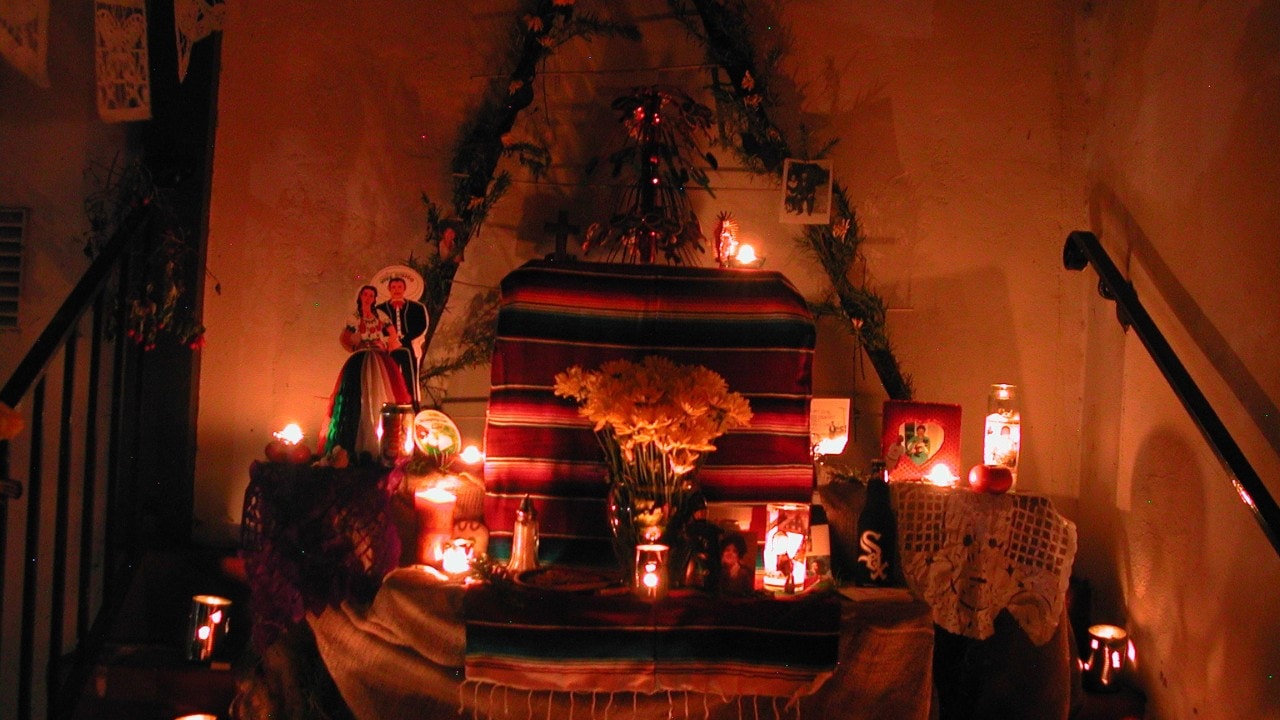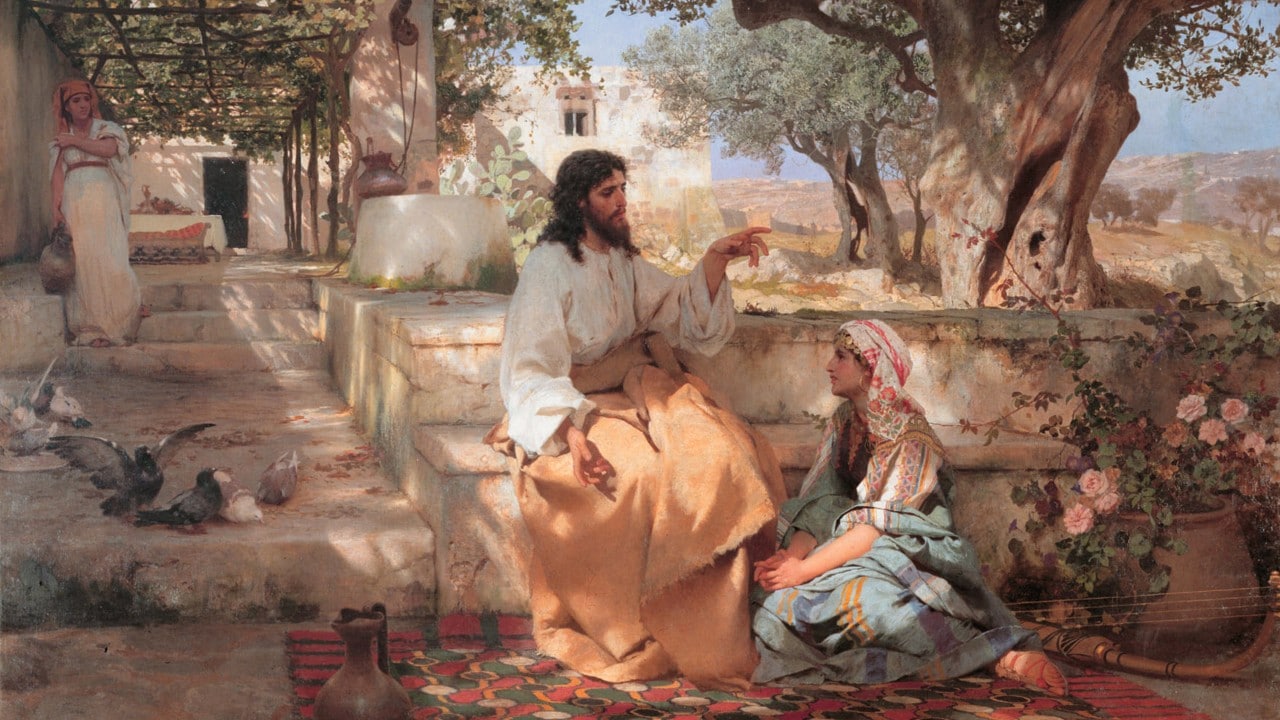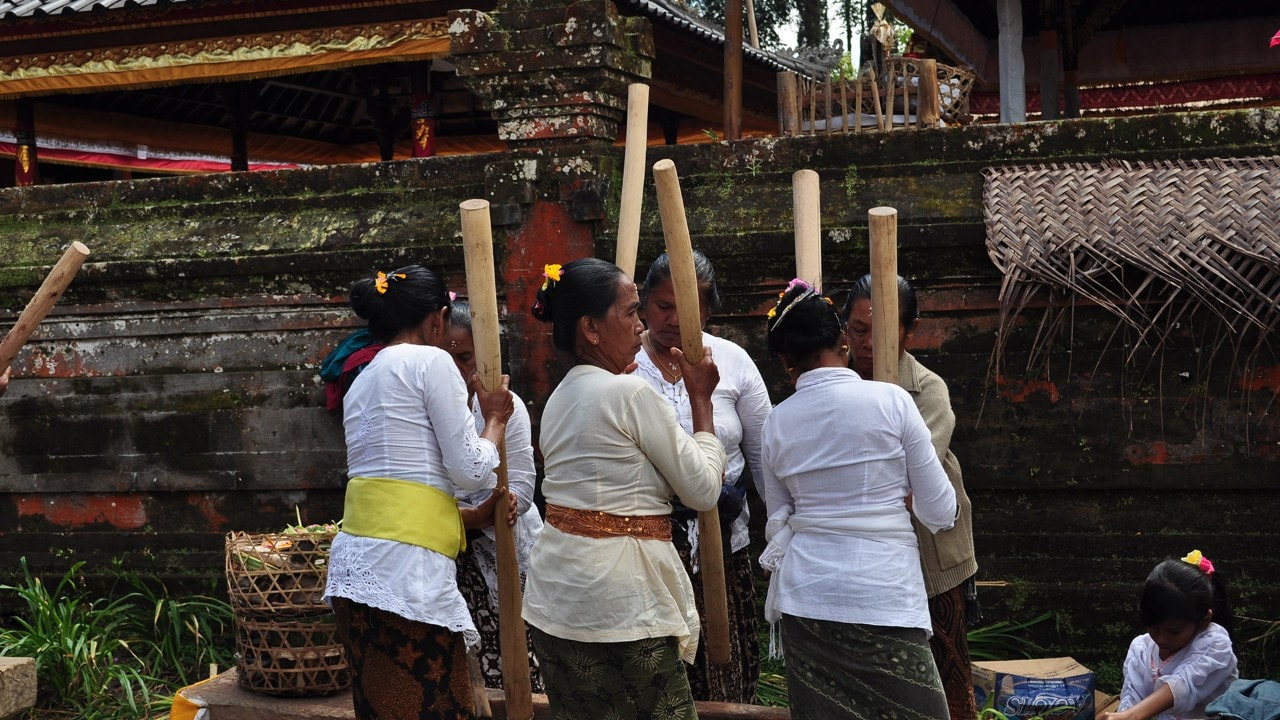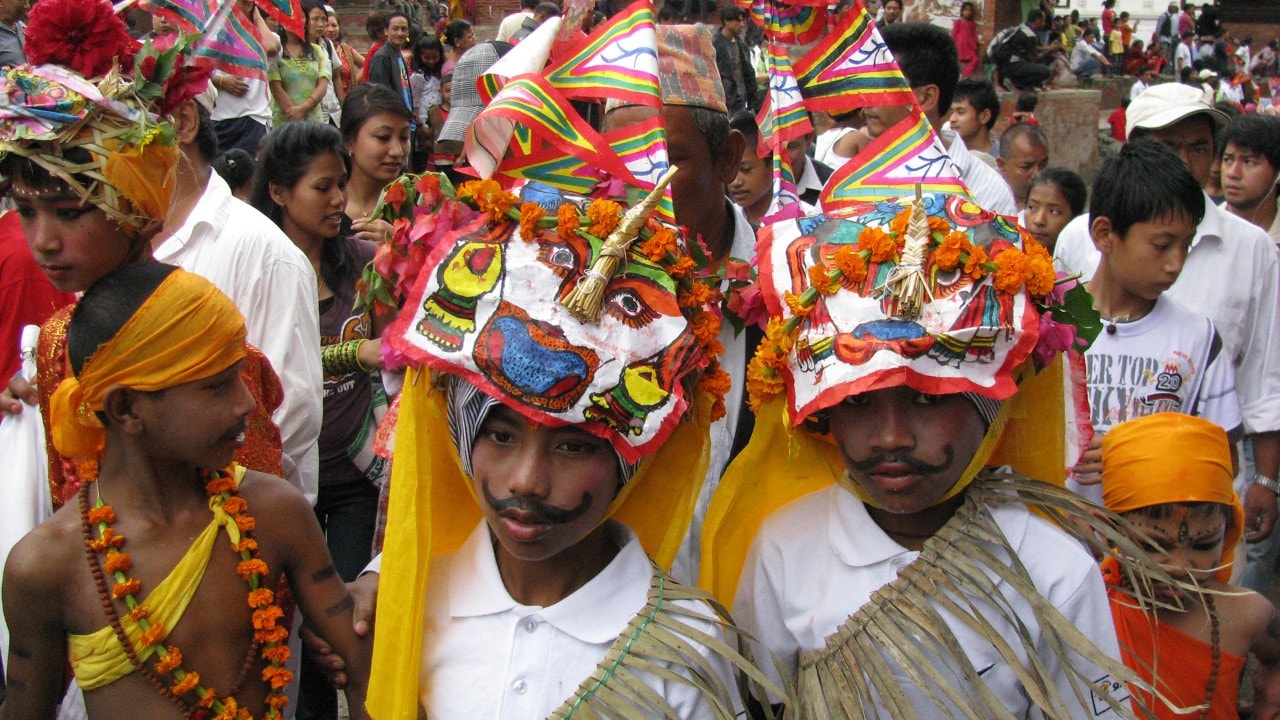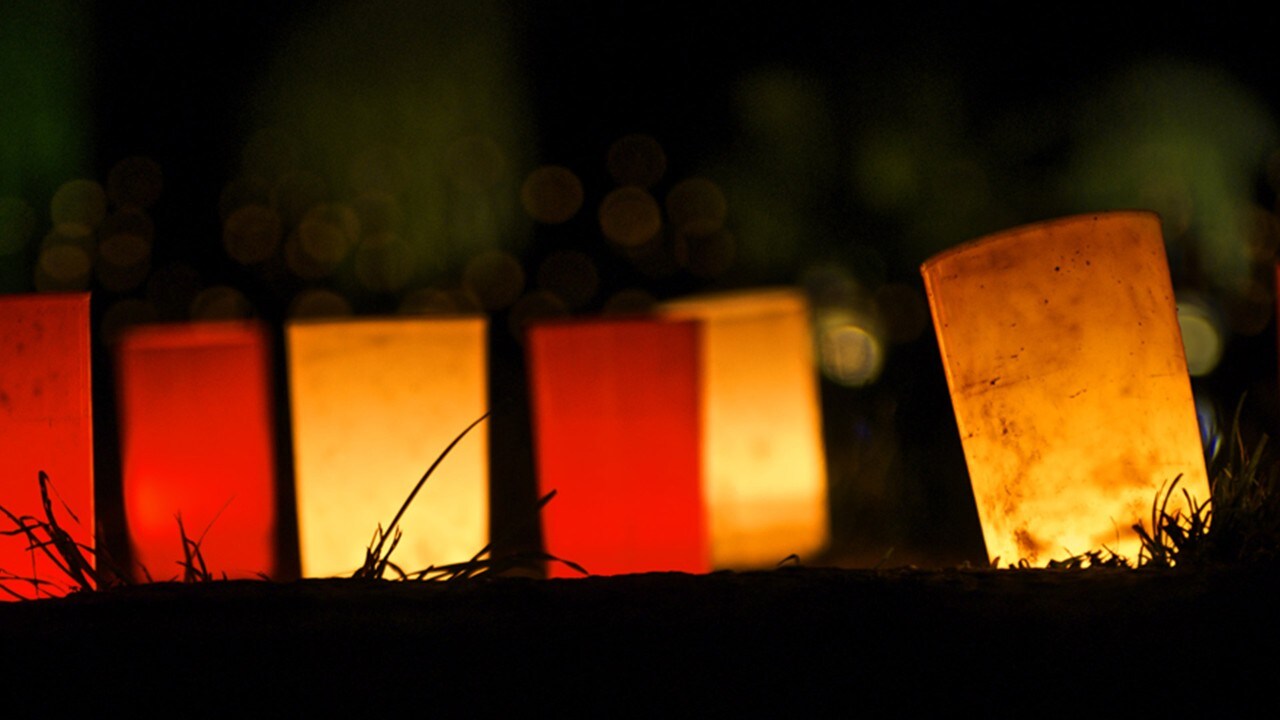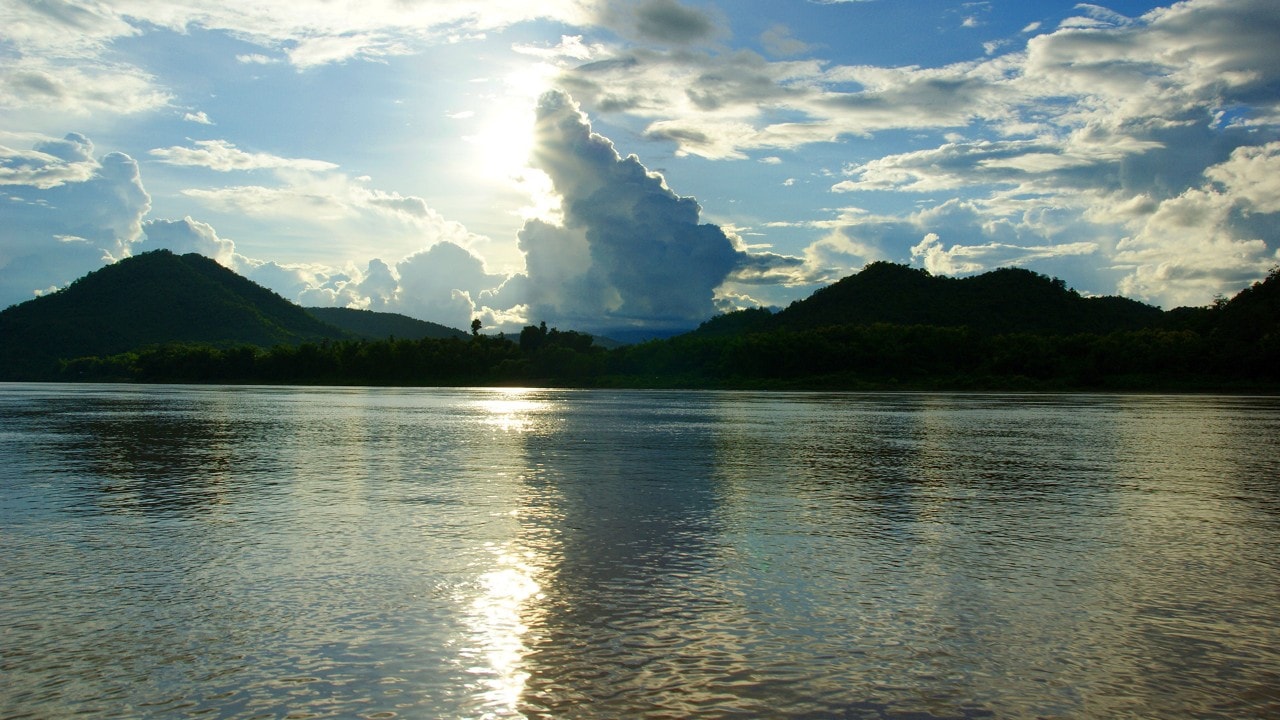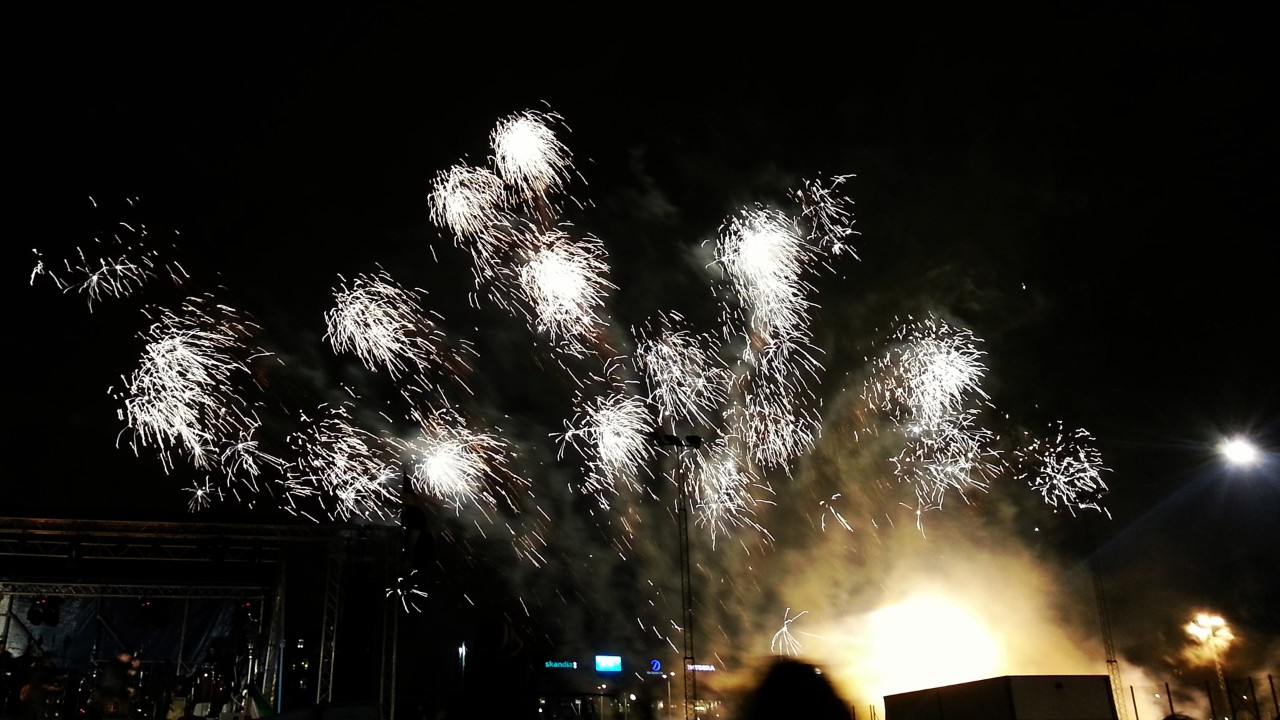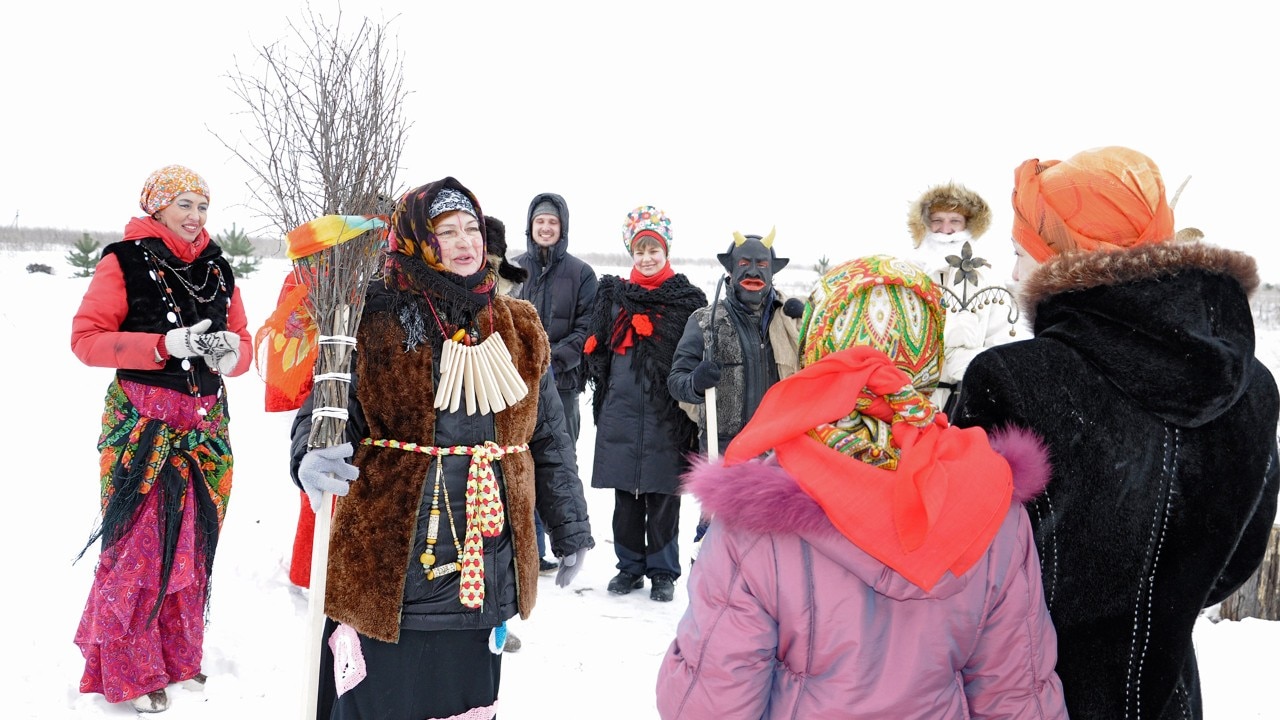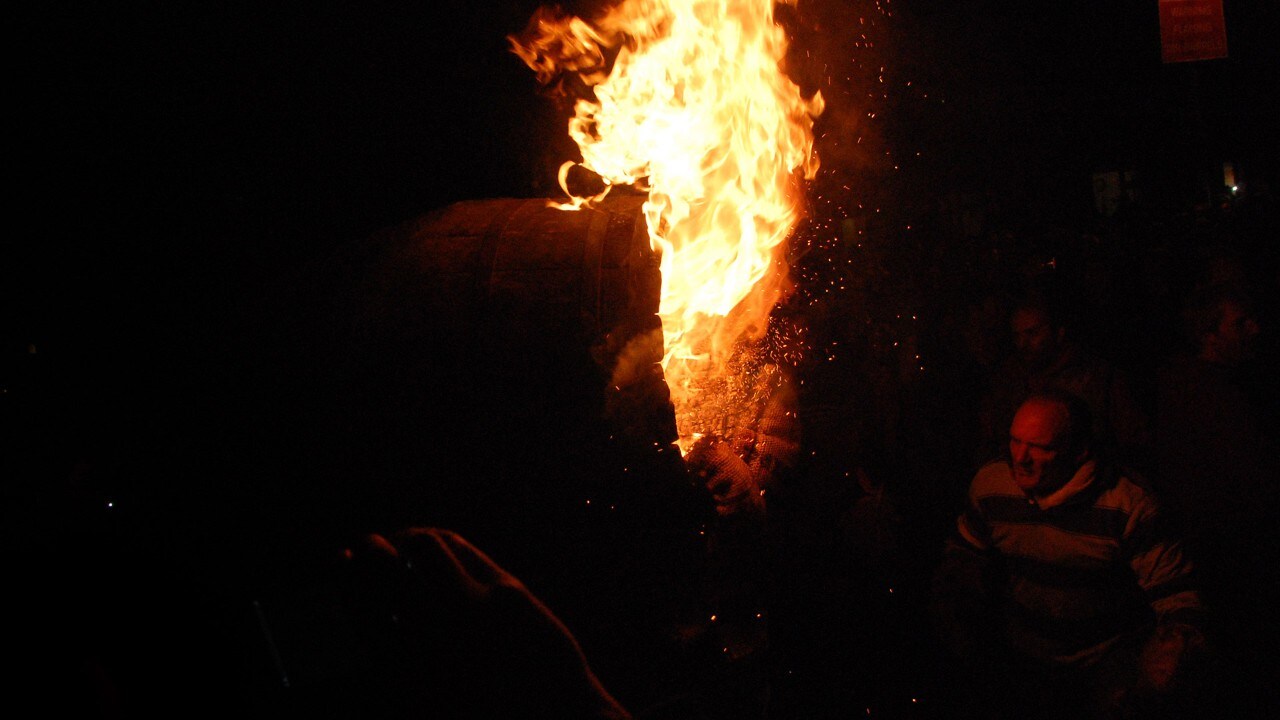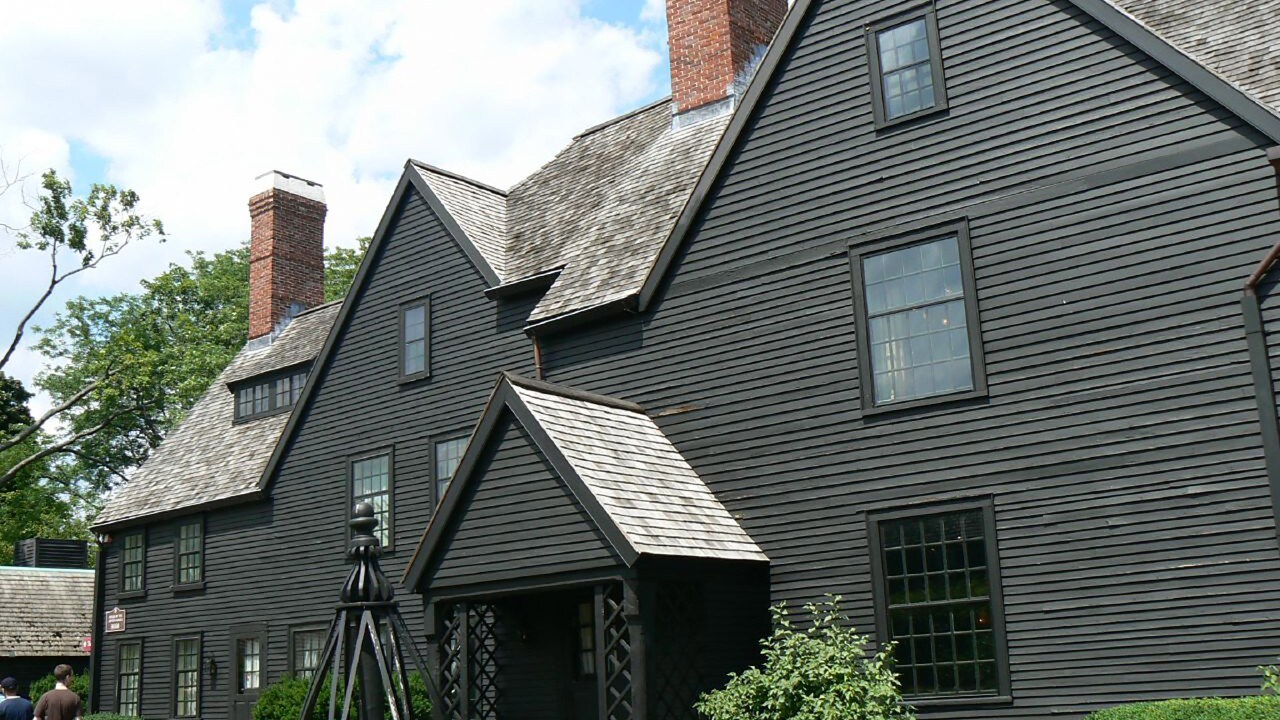Days of The Dead
1. EL DíA DE LOS MUERTOS
El Dia de los Muertos, or the 'Day of The Dead', isn’t a sombre occasion to reflect on death. From 31 October to 2 November, festival participants celebrate the lives of lost loved ones with parties, food and elaborate altars ('ofrendas') made to welcome departed spirits back home. The altars are decorated with sugar skulls (calaveras) and papier-mache skeletons — the most recognisable symbol of the event. The celebration is split into two days, one for departed children and one for adults.
2. FIESTA DE SANTA MARTA DE RIBARTEME
A near death experience may not necessarily be something to revel in, but the residents of As Neves choose 29 July each year to clamber into a coffin and celebrate at the Near Death Festival. Relatives carry the lucky escapees through the streets to the Santa Marta de Ribarteme church. Tokens of gratitude are offered to a statue of Saint Martha (The Patron Saint of Resurrection) and the procession leads back into the streets. Fireworks, music, and food, including the local delicacy of cooked octopus, round off the day in style.
3. GALUNGAN
The most important day of the year in the 210-day Balinese calendar is a time of feasting and honouring not just the dead, but the creator of the universe – Ida Sang Hyang Widhi. It’s believed that Galungan is the moment when the spirits of Balinese ancestors visit the earth. To entertain the spirits, sacrificial animals are offered at local temples and "Penjor" (bamboo poles) are decorated with flowers and fruit and displayed outside homes. "Jaja" (fried rice cakes) are also made specifically for the feast day. The preparations, rituals and prayers last for ten days, with the last of these seeing the spirits ascend back to heaven.
4. GAI JATRA
Celebrated in Kathmandu by the Newar community, this Nepalese event, also known as the Festival of the Cow, is full of colour, comedy, satire and parody. The festival remembers the dead and worships Yamraj (The God of Death). The current form of the celebration is believed to have begun during the rule of King Pratap Malla after his son died at a very young age. The queen was overwhelmed with grief and King Malla offered the people of the city a reward if they could make her smile. People added costumes, humour and performances to the traditional procession and made her smile. Everyone who has lost a loved one in the year participates in a procession through the streets leading a ceremonial cow. In Hindu religion, the cow is believed to help the souls of the dead cross the eternal river and help their journey to heaven.
5. OBON
The Japanese believe that every year during Obon (The Lantern Festival) their ancestors' spirits visit the earth. Lanterns are lit inside houses to guide the spirits down to the ground. The houses are then cleaned and foods are offered at an altar (known as a "butsudan"). At the end of Obon, more lanterns are placed onto open water in order to guide the spirits back home. Obon takes place during the 7th month of the lunar calendar – August. Although people return to familial graves to pay their respects during the festival, Obon dances often spill out into the streets.
6. BOUN KHAO SALAK LAOS
Laos holds several annual festivals that are timed according to the Buddhist lunar calendar. The full moon in September brings the annual festival, Boun Khao Salak, which celebrates and remembers the dead. Throughout the festival, energetic boat races are held on the Mekong River with each of the longboats featuring beautiful red and gold carvings. On shore, families take offerings for the dead to their local monasteries. It is believed that if the offerings aren’t made, the family will endure bad luck in the future.
7. CHAHāRSHANBE SURI
On the evening before the last Wednesday of the year, bonfires are lit in public places in order to mark the start of the Chahar Shanbeh Soori festivities, also known as The Festival of Fire. The fires are made to be leapt over, as the fire and light are thought to bring happiness and enlightenment in the year ahead. Traditionally, it was thought that on the last day of the year spirits will visit the living, so people (particularly children) dress in shrouds to symbolise the visits. The children then bang pots and pans while running through the streets in order to clear out this very last "unlucky" Wednesday. Similar to Halloween, the children then knock on doors asking for treats. Fireworks and feasts accompany the celebrations with food given out to strangers. A noodle soup called Ash e Chahar Shanbeh Suri is a particular treat.
8. POLAND, RUSSIA, HUNGARY, AND SLOVAKIA
The Winter Solstice — 21 December — is a day of Pagan worship across much of Eastern Europe. Each area has its own variation on the festival, but it is believed that at this time the evil spirits and The Black God are at their strongest. The modern holiday also includes Christmas festivities, carol singing and going from house to house with sweets. As a celebration and remembrance of ancestors, fires are lit within cemeteries to keep departed loved ones warm and feasts are organised to honour the dead. Bonfires are also lit to bring light and help the transition from winter to summer.
9. OTTERY TAR BARRELS
Every 5 November, chaos visits the small town of Ottery St Mary in Devon. Up to 20,000 people cram into the narrow streets to watch the "Barrel Rollers" carry a 30 kg flaming barrel through the town. The origins of the tradition have been muddied over time, but one theory is that the act cleanses the streets of evil spirits. Generations of the same local families carry the barrels — including men, women, and children as young as 7 years old. The barrels are lit outside the local pubs that sponsor the casket. The festival is one of the few remaining fire festivals in the UK.
10. FESTIVAL OF THE DEAD
With a modern twist on ancient customs, the Witches of Salem honour Halloween with a Festival of the Dead. Full of all things macabre, they explore the customs surrounding death, historical events and strange rituals. Paranormal experts, psychics, witches and warlocks convene on the Massachusetts town for the annual event. Visitors can honour their loved ones by taking part in The Dumb Supper: Dinner with the Dead, which takes place in complete silence.
